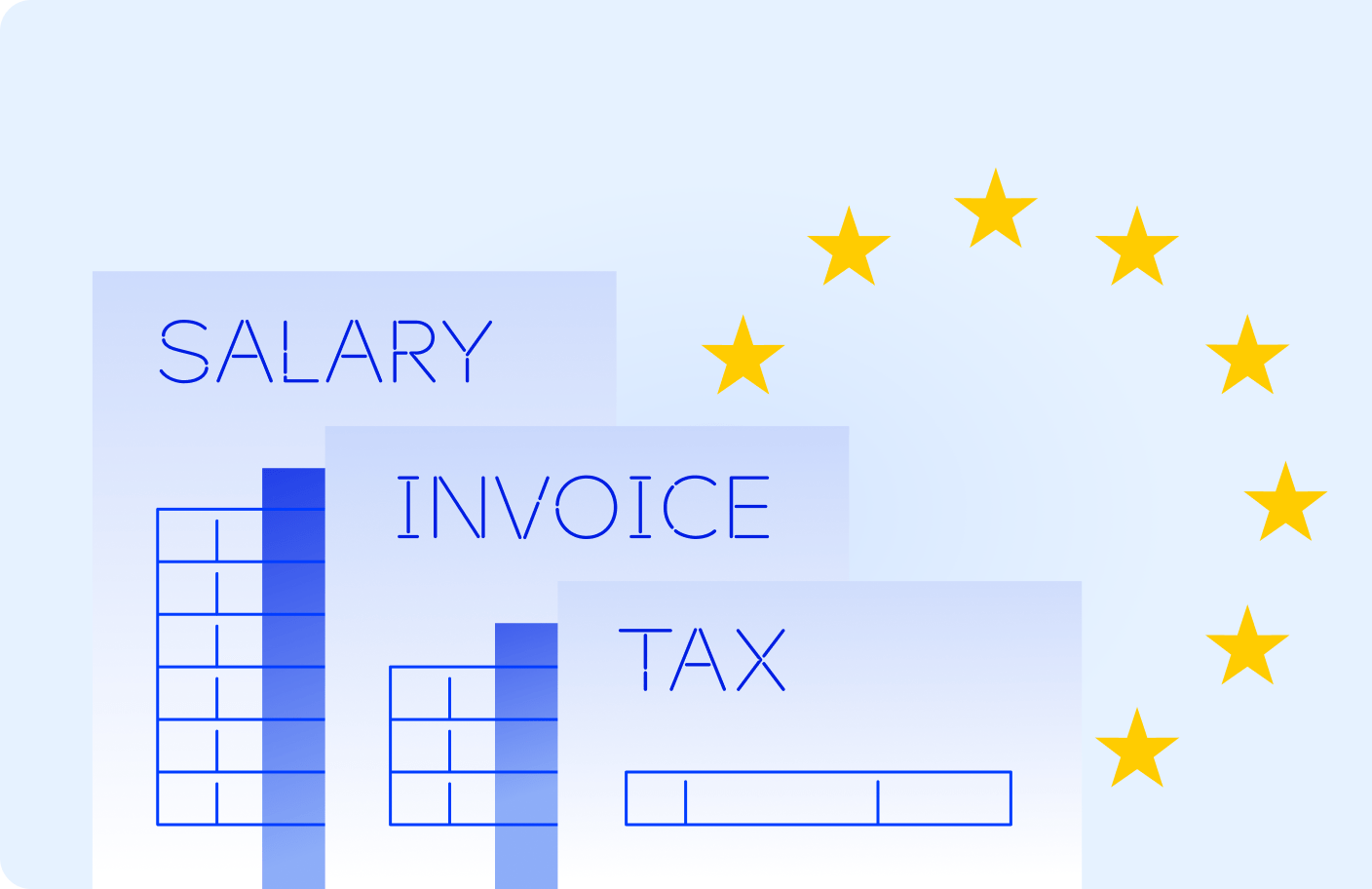what to do if you can’t get a business bank account
What to do when you can’t open a business bank account as an e-resident?
So, what can you do to ensure you have the right account to process business transactions?
Getting turned down by a bank for a business checking account is rarely personal. Oftentimes, it’s procedural or automated based on several factors.
The details vary between institutions, but a few key patterns show up again and again.
Your business doesn’t fit the bank’s risk profile
Every bank, whether traditional or digital, has internal rules about who they’ll onboard.
You’re in a “high-risk” industry
Each bank defines risk differently. One may reject all high-risk entities, while another may onboard them with enhanced due diligence.
If your industry falls into this group, you don’t necessarily need to change your business. Just know which banking providers are equipped to handle it.
Where your business is registered matters. So does where you, or your ultimate beneficial owners (UBOs), live.
Your application raises questions
In some cases, the rejection is about incomplete or inconsistent paperwork. Common issues include:
These problems are often fixable with the right information and documentation.
Digital banks often expect the same level of clarity and proof as traditional banks, especially when onboarding non-resident companies.
Getting rejected is not the end. Instead, see it as an opportunity to reassess and strengthen your application.
Whatever you do, avoid using your personal bank account to process business transactions.
Start with the basics
Before making any big changes, take a close look at your original account application.
Consider strategic changes
Look into non-resident-friendly providers
Comparing your business banking options
If you've hit a wall trying to open a business account, you're not alone, and you still have accessible solutions.
Each has its strengths, limitations, and onboarding criteria.
Here’s how they compare when it comes to working with e-residents and non-resident companies.
Business banking options at a glance
No single provider fits every business. What matters most is finding one that understands your situation and is set up to work with it.
1. Review your application
2. Reach out to the provider
3. Check your jurisdiction and UBOs
4. Assess your industry risk
5. Explore non-resident-friendly banking options
6. Stay transparent and organised
When banks say no, Narvi helps you move forward
Getting a “no” from a bank can feel like hitting a wall, but it doesn’t have to stop your business.
Narvi offers flexible banking solutions designed to support founders who are often underserved by traditional banks:
More from e-Residency
- Sign up for our newsletter
- Watch fresh video content - subscribe to our Youtube channel
- Meet our team and e-residents - register for our next Live Q&A






